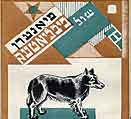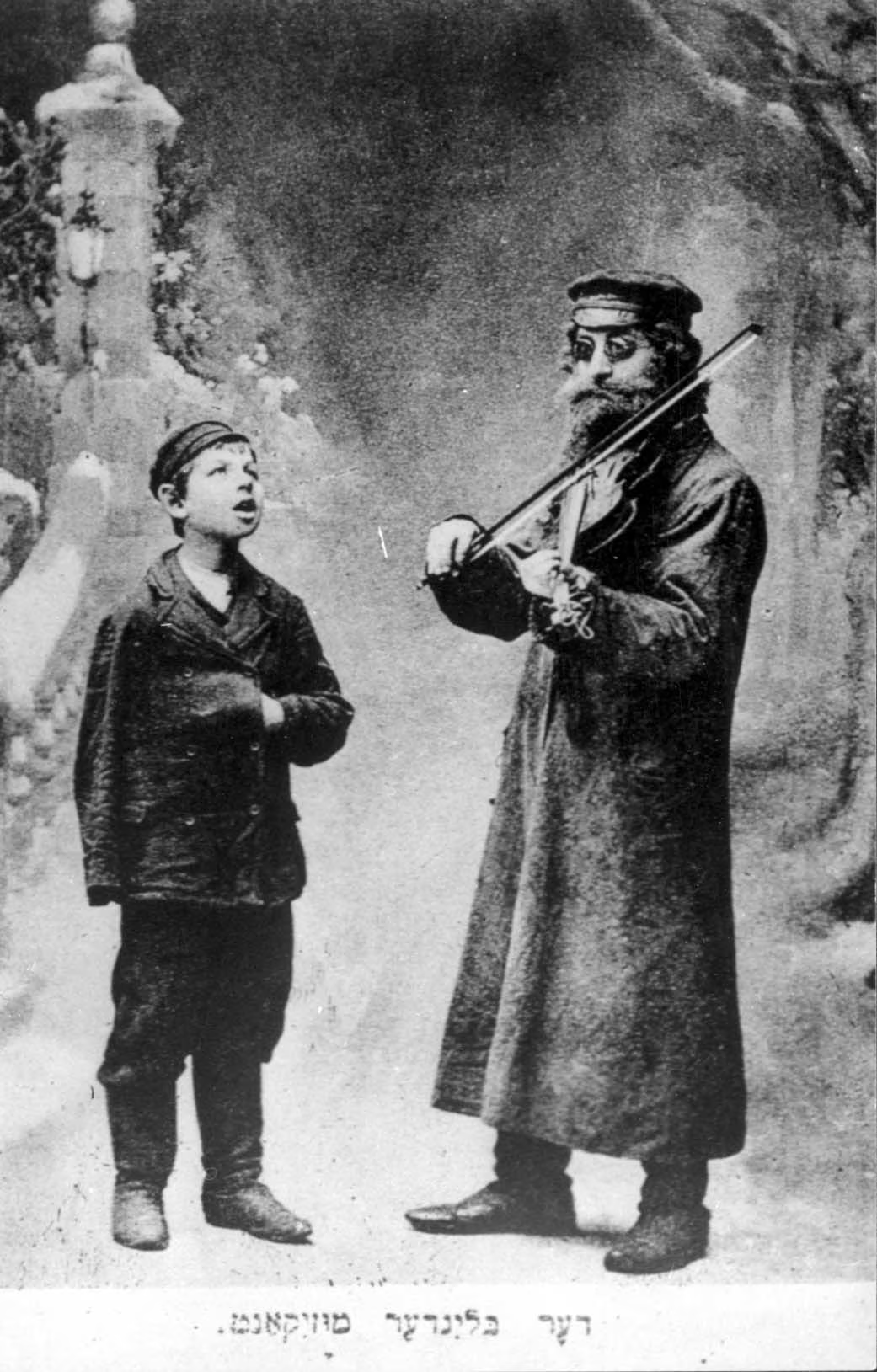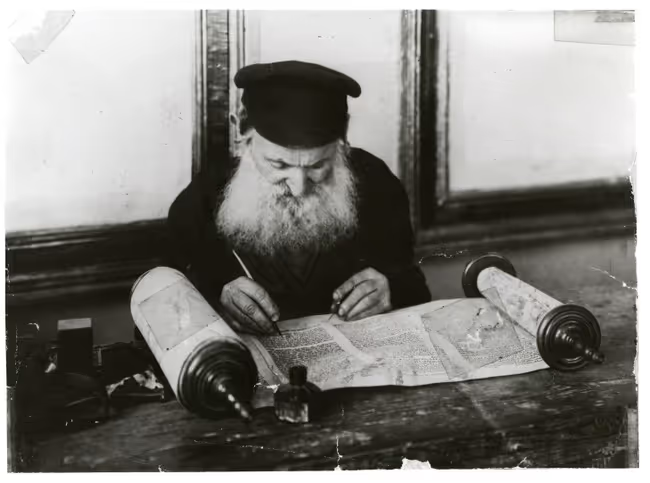Literary Works
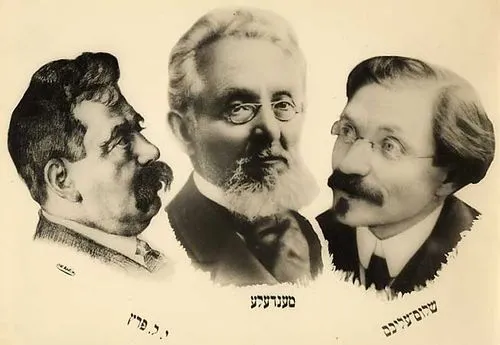
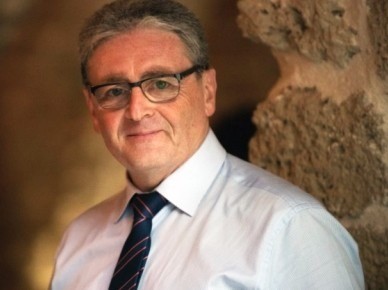
"In a Nutshell"
For many centuries, Hebrew remained a language that was not only important but holy for Jews around the world, fundamentally serving their spiritual needs.
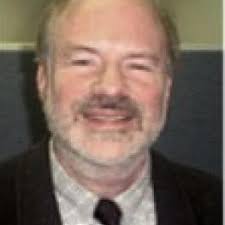
Ber Borokhov: The Role of Yiddish Language Research in a Life of Zionist Activism
A survey of Ber Borokhov’s contribution to research on Yiddish language and literature aims to clearly describe his influence on the history of Yiddish studies and the ways in which his unique combination of political and academic work reflected the times in which he lived.
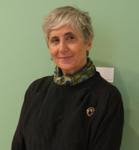
Di Goldene Pave: Dos kol fun dem yidishn shrayber
Sheva Zucker’s book and recordings, Di Goldene Pave/The Golden Peacock .. This collection which features the work of 12 Yiddish writers — Glatshteyn, Dropkin, Wiesel, Leivick, Leyeles, Molodowsky, Manger, Sutzkever, Korn, Sholem-Aleichem, Schaechter-Gottesman and Shraibman.
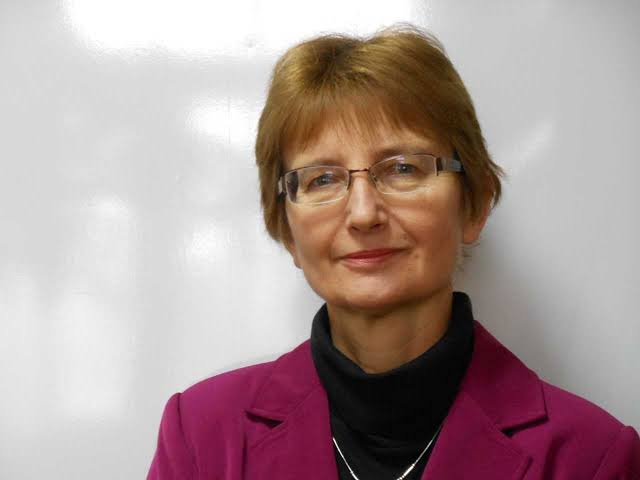
Discovering the Obliterated World via the Yiddish Language and Literature
The essay explores the author’s lifelong engagement with American and Yiddish literature, focusing on the rediscovery of Jewish culture and history through language and translation.
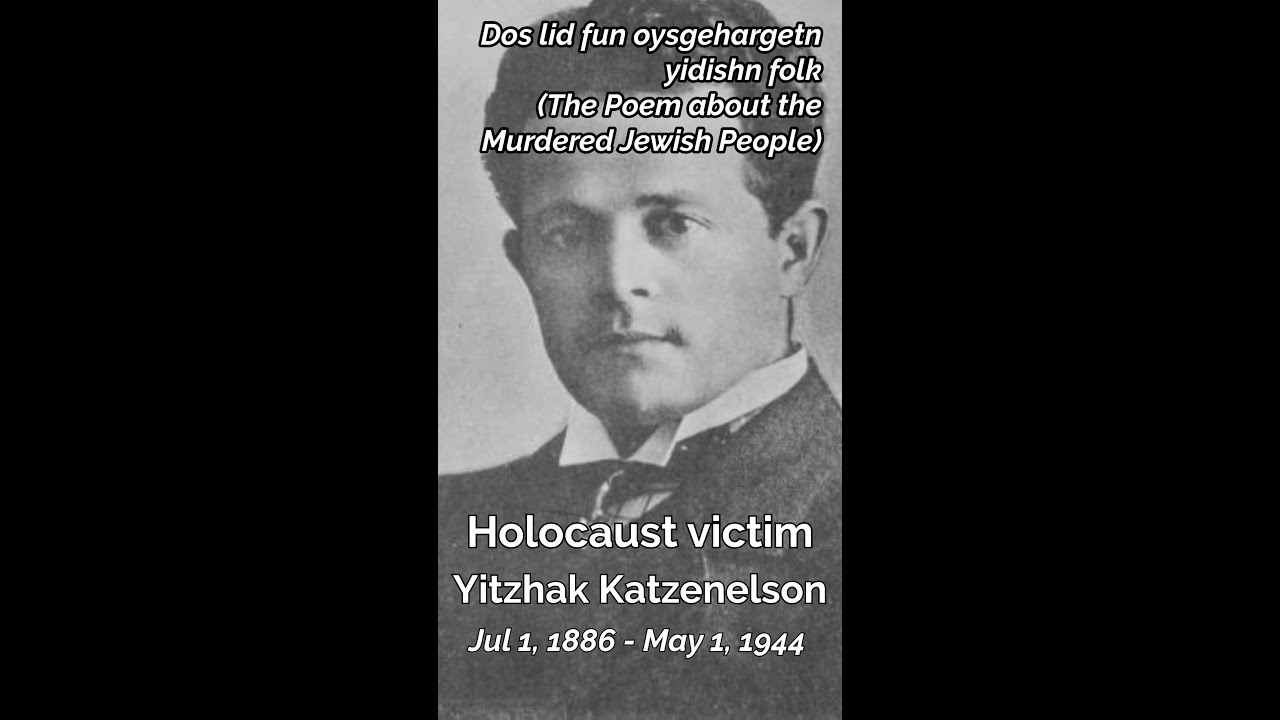
Dos lid fun oysgehargetn yiddish folk
Encyclopedia Judaica has described Katzenelson's Song as "one of the greatest expressions of the tragedy of the Holocaust," and Hermann Adler has called it Eastern European Jewry's greatest poetic act of resistance.
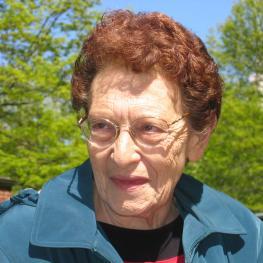
Education in the Cheder
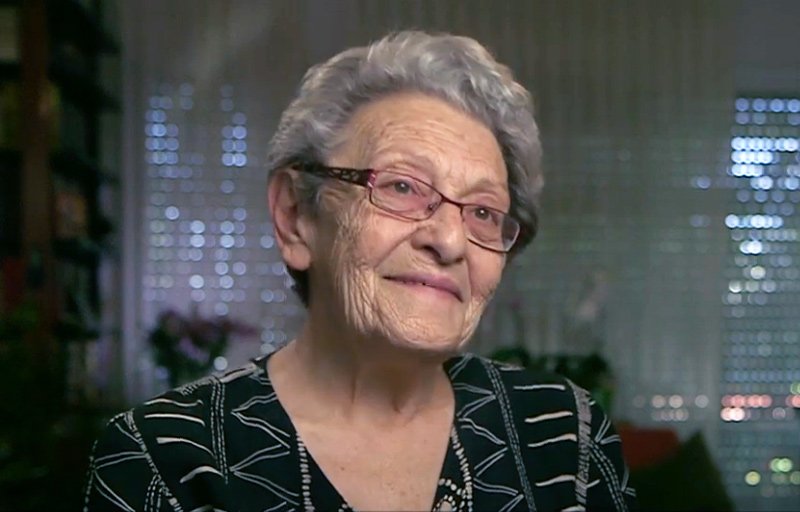
Female Characters in the Old Yiddish Literature

Hebrew Component in Yiddish
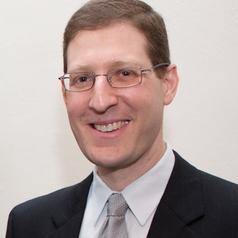
History of the Shoah
The Shoah (Khurbn in Yiddish, Holocaust in English) remains an event that defies comprehension. Never before had there been a war of such complete genocidal intent waged against a culture, a religion, and ethnic minority that was not a combatant in the war itself.
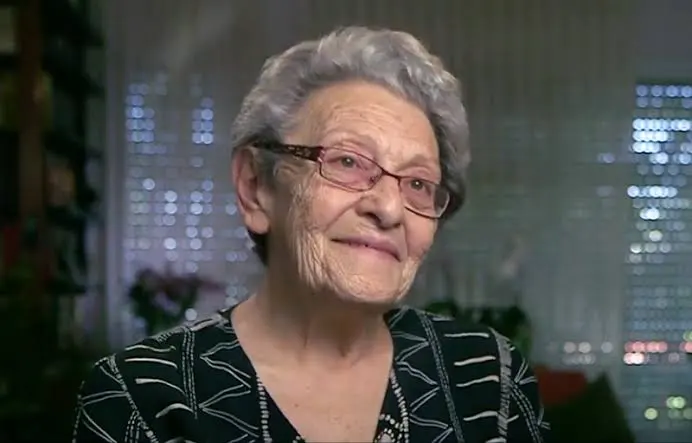
Jewish Languages as a Sign of Identity in History
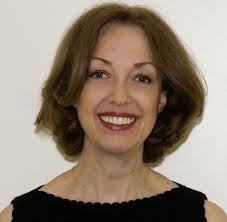
Jewish Lublin - A Cultural Monograph
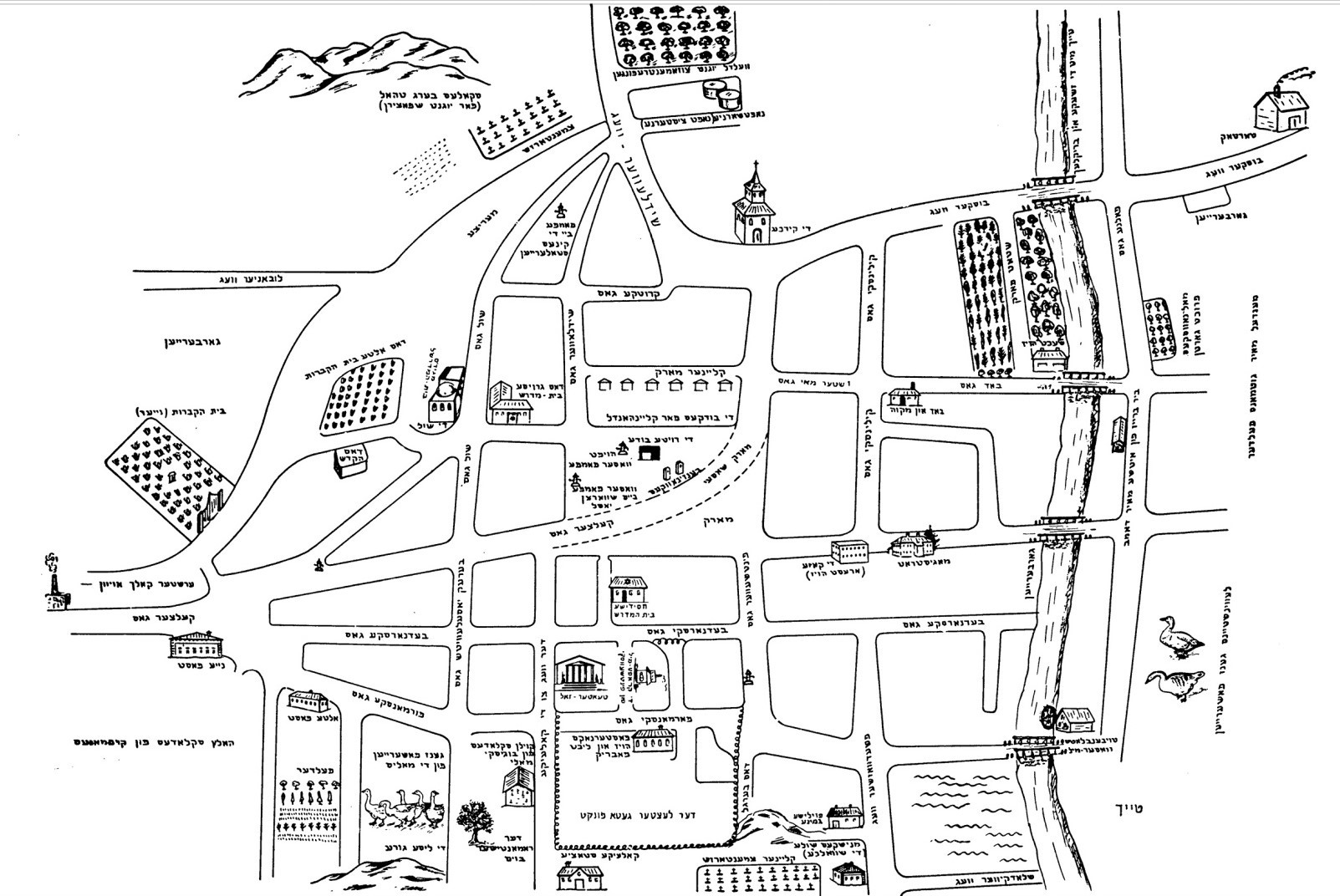
Map Making as Memory Practice
Hand drawn maps as remembrance practice: Moshe Kleinhendlers memories of his home shtetl, Khmielnik
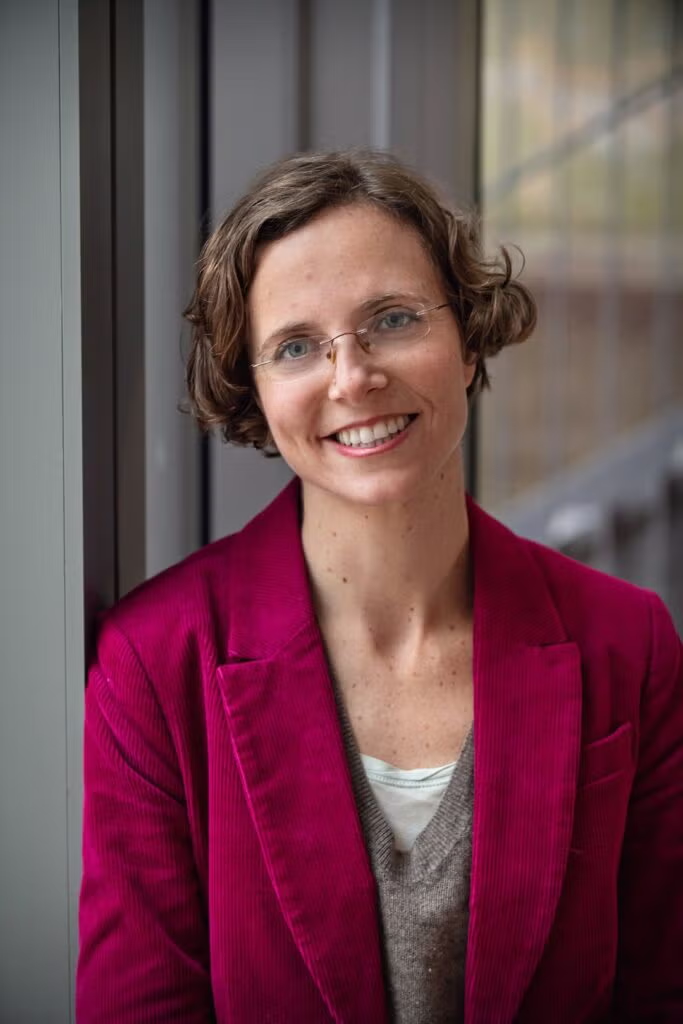
Occupied Words: What the Holocaust Did to Yiddish
The Holocaust radically altered the way many East European Jews spoke Yiddish. Finding prewar language incapable of describing the imprisonment, death, and dehumanization of the Shoah, prisoners added or reinvented thousands of Yiddish words and phrases to describe their new reality.
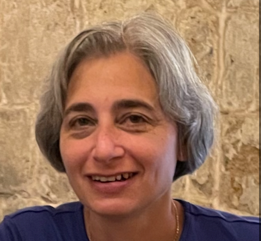
On the Jewish Street: Yiddish Culture and the Urban Landscape in Interwar Vilna
The city of Vilna was famous as a center of Jewish cultural and intellectual life known as “the Jerusalem of Lithuania." In the period between the two World Wars it became known as the site of a modern, secular culture in the Yiddish language, earning it a new nickname: “the capital of Yiddishland.” This essay looks at the flourishing of Yiddish culture in Vilna with a special focus on YIVO, the center for Yiddish scholarawgip that made its home in the city.
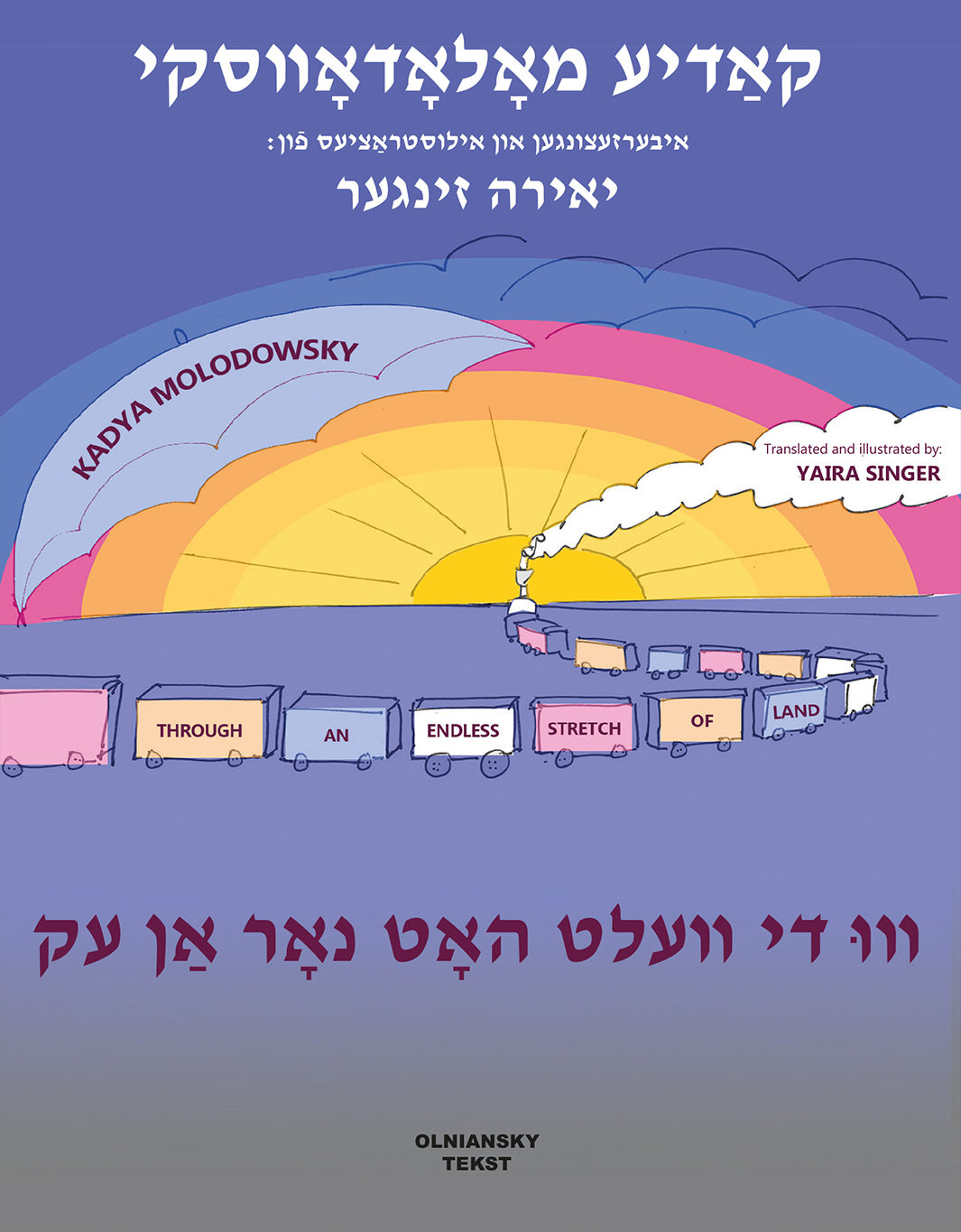
Over Yonder Theres a Hill
“Vu di velt hot nor an ek” (Through an Endless Stretch of Land), by Kadya Molodowsky. Children’s poems in Yiddish and English.
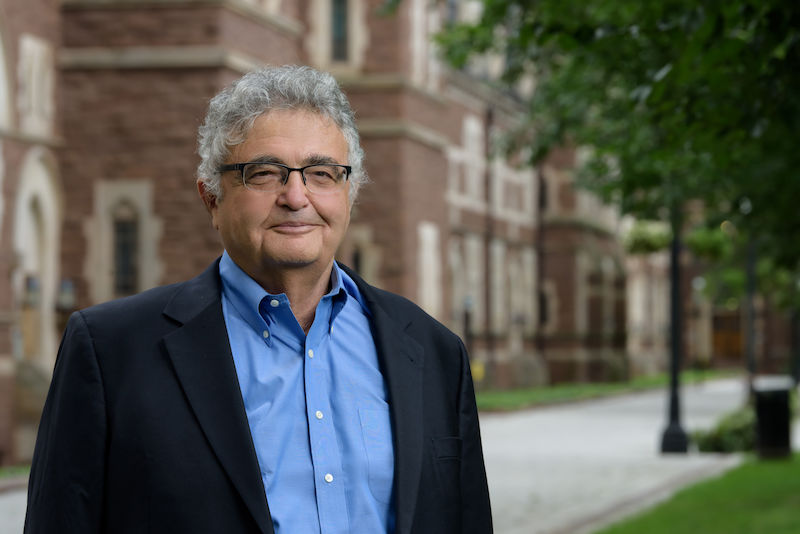
The Mother City of Jewish Public Life: Zalmen Reyzen’s Image of Interwar Vilna
A specific vision of Vilna as the model of an East European Jewish civil society crystallised in the years during and just after the FirstWorld War, and Vilna’s professional elites and journalists played a critical role in the crafting and shaping of this idea.
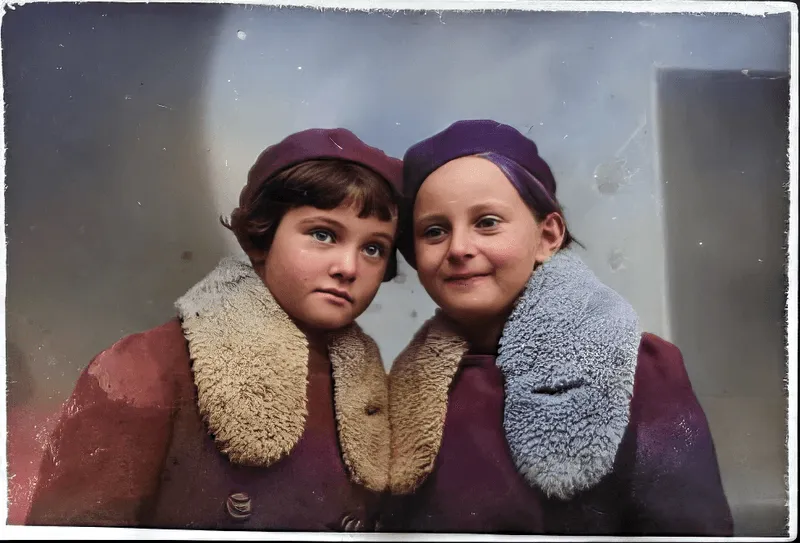
.avif)
.avif)
